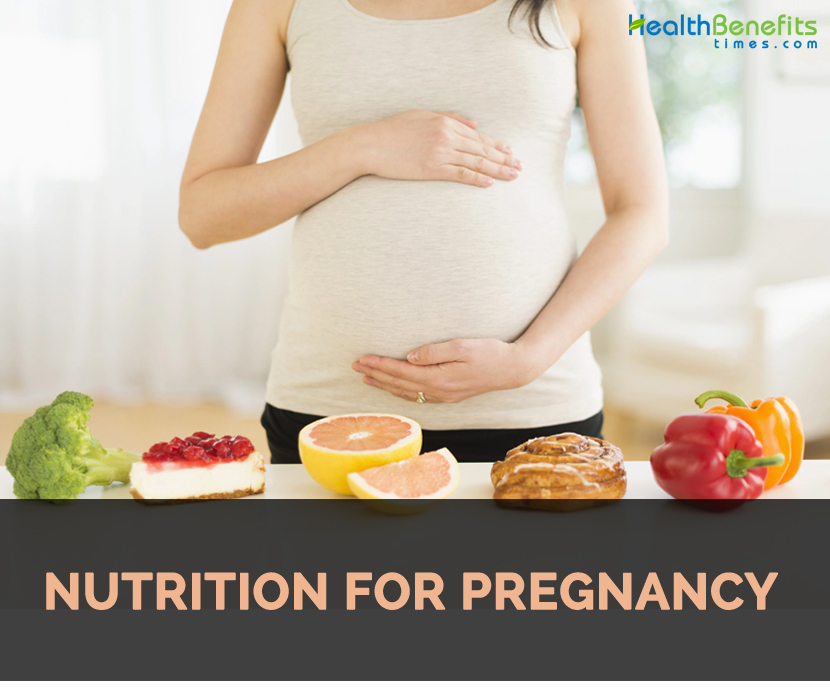 Throughout the nine-plus months of pregnancy, the baby relies entirely on its mother’s daily nutrient intake and body stores for healthy growth and development. Baby’s little fingers, toes, eyes, and nose, as well as its nervous system and all other organ systems, are forming and require a continuous supply of building blocks for the ongoing construction. Its mother consuming nutritious foods and gaining a healthy amount of weight during pregnancy are essential to support this growth.
Throughout the nine-plus months of pregnancy, the baby relies entirely on its mother’s daily nutrient intake and body stores for healthy growth and development. Baby’s little fingers, toes, eyes, and nose, as well as its nervous system and all other organ systems, are forming and require a continuous supply of building blocks for the ongoing construction. Its mother consuming nutritious foods and gaining a healthy amount of weight during pregnancy are essential to support this growth.
The specific types of vitamins, minerals, and nutrients outlined are most crucial for supporting the changes of pregnancy. Based on the knowledge that certain bodily systems develop during specific weeks of pregnancy, nutrition can be optimized by consuming, during particular time periods, foods that are rich in the nutrients that support this growth. The key nutrients described here are important during all three trimesters of pregnancy, but also noted whether some are more important during specific trimesters. It is notice that several more nutrients are discussed for the first trimester than for the second and third trimesters. That is because so much of your baby’s most intricate and specific development occurs during this early phase. During the first trimester, cells undergo rapid differentiation, becoming more specialized and able to carry out the specific functions of the organs they belong to. Further, developmental risks are highest in the first three months, so optimal nutrition during this period is essential. However, one should not abandon the nutrients emphasized here once the first trimester is complete—they are helpful for supporting proper growth throughout pregnancy.
Nutritional Needs During Pregnancy
| Nutrient | Amount needed per day | Key function | Food sources |
|---|---|---|---|
| Calcium | 1000 mg | Crucial for healthy bone and teeth formation, normal blood clotting and heart rhythm, and healthy nervous system | Calcium-set tofu, collard greens, fortified breakfast cereals and fortified orange juice, kale, milk, turnip greens, yogurt |
| Choline | 450 mg | Healthy brain and cell development helps prevent neural tube defects | Broccoli, chicken, eggs, fish, milk, navy beans, nuts, potatoes, quinoa, soybeans, spinach, tofu, wheat germ |
| EPA and DHA | 350 mg EPA 300 mg DHA |
Critical for healthy brain and vision development, associated with better cognitive skills later in life | Anchovies, canned light fish, catfish, fish oil, fortified eggs, herring, halibut, salmon |
| Fiber | 28 g | Helps prevent constipation, may help prevent gestational diabetes | Beans, fruits, lentils, vegetables, whole grains |
| Folate/ Folic Acid/ Vitamin B9 | 600 DFE | Crucial for healthy cell division, helps to prevent neural tube defects | Kidney beans, lentils, spinach, kale |
| Iron | 27 mg | Helps the body to make hemoglobin required to transport oxygen to all the cells | Eggs, fish, fortified cereals, lentils and other legumes, meats, milk, poultry, prune juice |
| Magnesium | 350 to 360 mg | Critical component of enzymes, involved in muscle relaxation, may ease leg cramps and prevent preeclampsia and preterm labor | Almonds, baked potato (with skin), bran cereal, brown rice, cashews, halibut, pumpkin seeds, quinoa, salmon, soybean, spinach |
| Phosphorus | 700 mg | Bone formation, blood clotting, heart rhythm, muscle contractions | Black beans, cereals, cheese, eggs, fish, milk, nuts, poultry, yogurt |
| Potassium | 4.7 g | Electrolyte and fluid balance, brain, nerve and muscle function | Baked sweet potato, banana, kale, lentils, milk, nuts and seeds, orange juice, plain yogurt, winter squash |

